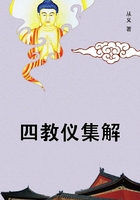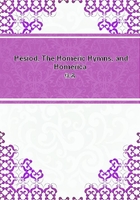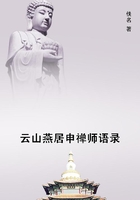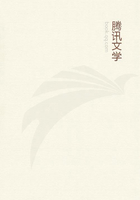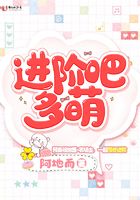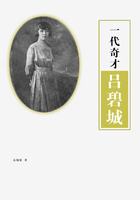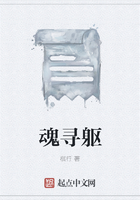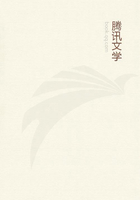Doubtless all of the visitors sitting in the Tolstoy garden that evening had excused themselves from laboring with their hands upon the theory that they were doing something more valuable for society in other ways. No one among our contemporaries has dissented from this point of view so violently as Tolstoy himself, and yet no man might so easily have excused himself from hard and rough work on the basis of his genius and of his intellectual contributions to the world. So far, however, from considering his time too valuable to be spent in labor in the field or in making shoes, our great host was too eager to know life to be willing to give up this companionship of mutual labor.
One instinctively found reasons why it was easier for a Russian than for the rest of us to reach this conclusion; the Russian peasants have a proverb which says: "Labor is the house that love lives in," by which they mean that no two people nor group of people can come into affectionate relations with each other unless they carry on together a mutual task, and when the Russian peasant talks of labor he means labor on the soil, or, to use the phrase of the great peasant, Bondereff, "bread labor." Those monastic orders founded upon agricultural labor, those philosophical experiments like Brook Farm and many another have attempted to reduce to action this same truth. Tolstoy himself has written many times his own convictions and attempts in this direction, perhaps never more tellingly than in the description of Lavin's morning spent in the harvest field, when he lost his sense of grievance and isolation and felt a strange new brotherhood for the peasants, in proportion as the rhythmic motion of his scythe became one with theirs.
At the long dinner table laid in the garden were the various traveling guests, the grown-up daughters, and the younger children with their governess. The countess presided over the usual European dinner served by men, but the count and the daughter, who had worked all day in the fields, ate only porridge and black bread and drank only kvas, the fare of the hay-making peasants. Of course we are all accustomed to the fact that those who perform the heaviest labor eat the coarsest and simplest fare at the end of the day, but it is not often that we sit at the same table with them while we ourselves eat the more elaborate food prepared by someone else's labor. Tolstoy ate his simple supper without remark or comment upon the food his family and guests preferred to eat, assuming that they, as well as he, had settled the matter with their own consciences.
The Tolstoy household that evening was much interested in the fate of a young Russian spy who had recently come to Tolstoy in the guise of a country schoolmaster, in order to obtain a copy of "Life," which had been interdicted by the censor of the press.
After spending the night in talk with Tolstoy, the spy had gone away with a copy of the forbidden manuscript but, unfortunately for himself, having become converted to Tolstoy's views he had later made a full confession to the authorities and had been exiled to Siberia. Tolstoy, holding that it was most unjust to exile the disciple while he, the author of the book, remained at large, had pointed out this inconsistency in an open letter to one of the Moscow newspapers. The discussion of this incident, of course, opened up the entire subject of nonresidence, and curiously enough I was disappointed in Tolstoy's position in the matter. It seemed to me that he made too great a distinction between the use of physical force and that moral energy which can override another's differences and scruples with equal ruthlessness.
With that inner sense of mortification with which one finds one's self at difference with the great authority, I recalled the conviction of the early Hull-House residents; that whatever of good the Settlement had to offer should be put into positive terms, that we might live with opposition to no man, with recognition of the good in every man, even the most wretched. We had often departed from this principle, but had it not in every case been a confession of weakness, and had we not always found antagonism a foolish and unwarrantable expenditure of energy?

